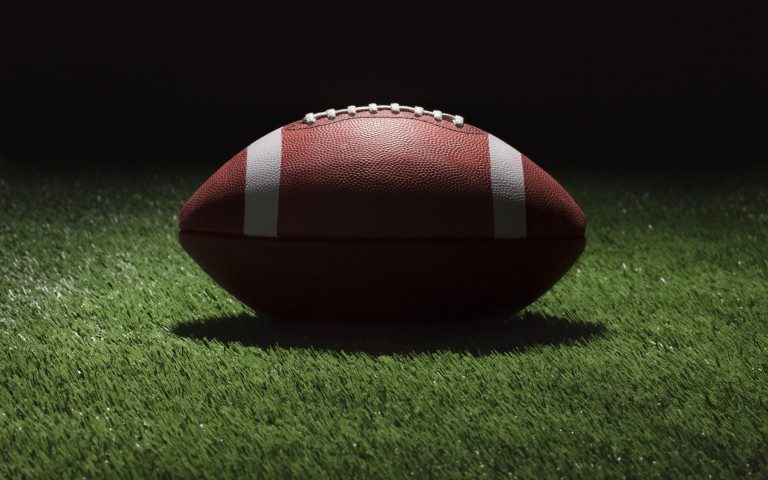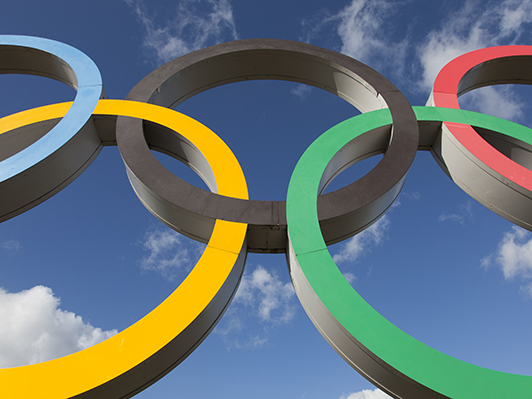
“Held to a Higher Standard” – A Roadmap for Professional Sports
February 24, 2022
As Pro Sports Scandals Abound, The Solution is Clear
May 3, 2022On May 14, 2018 the U.S. Supreme Court issued a highly anticipated ruling that struck down the federal ban on state authorization of sports betting. This decision opened the door, allowing states to legalize betting on sporting events. Since this landmark decision nearly four years ago, almost 80% of U.S. states have either legalized sports wagering or introduced legislation to do so. Many states are taking full advantage of the opportunity by approving mobile sportsbook apps and statewide betting, while others are choosing the more limited alternative of in-person betting at sportsbooks.
According to the National Football League’s Gambling Policy, NFL players are not permitted to place bets on NFL games, whether they are playing in them or not. The NBA explicitly forbids its players to bet, tip, or fix games. NBA rules also prohibit the players from encouraging others to place wages or “exercise improper influence or manipulation.” MLB’s policy on gambling prohibits players and other team personnel from betting on baseball at any level (major or minor league baseball, international, college – even high school and youth games). The NHL collective bargaining agreement includes this sentence – “Gambling on any NHL Game is prohibited.”
Within the NFL , during 2019 the League suspended Josh Shaw for the remainder of the year and all of 2020 for betting on other games around the League. Unfortunately, this lengthy suspension did not serve as an iron clad deterrent. During the last week, marking an obvious sign of potential trouble ahead, the NFL suspended star wide receiver, Calvin Ridley, for at least one season for betting on NFL games. The NFL said Ridley bet on NFL games during a five-day period in November 2021 when the player was not participating in Atlanta Falcons’ activities due to a non-football injury. Ridley allegedly placed bets of $1,500 on NFL games, including on his own team, and will now lose $11 million in salary. Reportedly, his punishment was mitigated because he cooperated fully with the NFL’s investigation.
In a statement to the public and directly to the player following Ridley’s suspension, NFL Commissioner Roger Goodell said, “There is nothing more fundamental to the NFL’s success – and to the reputation of everyone associated with our League – than upholding the integrity of the game. This is the responsibility of every player, coach, owner, game official, and anyone employed by the League. Your actions put the integrity of the game at risk, threatened to damage public confidence in professional football, and potentially undermined the reputations of your fellow players throughout the NFL.”
Author Will Lynch published an ideas piece in the September 24, 2021 issue of The Atlantic entitled, “Sports Gambling is a Disaster Waiting to Happen”. Ideally, everyone involved in any capacity in any sport should read this article. At a minimum, warning lights should be flashing red to all leaders in major sports – the professional leagues, colleges and universities, and the national governing bodies of the Olympic sports. In his writing, Lynch reminds readers of the sign posted prominently in every MLB clubhouse, “Any player, umpire, or employee of a team or the League who bets on a game they’re not involved in will be banned from MLB for a year; if they are involved in the game, the ban is for life.” He juxtaposes this with the gambling signs of a different kind found in the same ballparks– ads and sponsorship logos for DraftKings, Bet MGM, FanDuel, and others.
All baseball fans remember the 1919 Black Sox scandal when eight players were banished from baseball for conspiring to throw the World Series. Lynch writes further, “the damage was so devastating that MLB appointed is first commissioner, Kenesaw Mountain Landis, solely to clean up the mess.”
Today though, according to Lynch, the lessons of the Black Sox scandal have been lost in time. The major leagues including some college programs have signed lucrative deals with sports books. Lynch believes that the future of money in sports is gambling and this puts the integrity of the games at risk. He goes on to raise a question, “Do you know how easy it would be to fix a volleyball game that no one is otherwise paying attention to?” He also comments, “Betting on high school sports or the Little League World Series is not currently legal in the U.S., but you can bet on both on offshore gambling sites.”
Another emerging risk to sports gambling is technology. Bets placed in real time, on your phone, offer the rush of on-time action. Lynch writes, “the prospect that you will be able to bet on individual actions in a game – will this player strike out during this at bat? Will this kicker miss that extra point?” Was the miss just a miss or something else? Well, you get the idea, and the risk.
Lynch warns further, “It doesn’t have to be a scandal of the Black Sox scope to eat away at what people love about sports. The whole point of athletic competition is that it’s on the level. Trouble is coming. It’s all fun and games until suddenly, dramatically, it isn’t.”
In conducting his annual risk assessment for the NFL, Commissioner Goodell clearly believes that reputation risk matters most. The leaders of each professional league and its teams should assess their risks as well. If risks associated with legalized gambling are among the top risks identified, it may be the right time for each organization to establish a compliance and ethics program. At a minimum, each professional sports organization needs to redouble its efforts to communicate that betting by players, team and league personnel can lead to serious harm to the reputation of the organization. Ben Franklin said it best, “Glass, China, and Reputation, are easily crack’d, and never well mended.”


